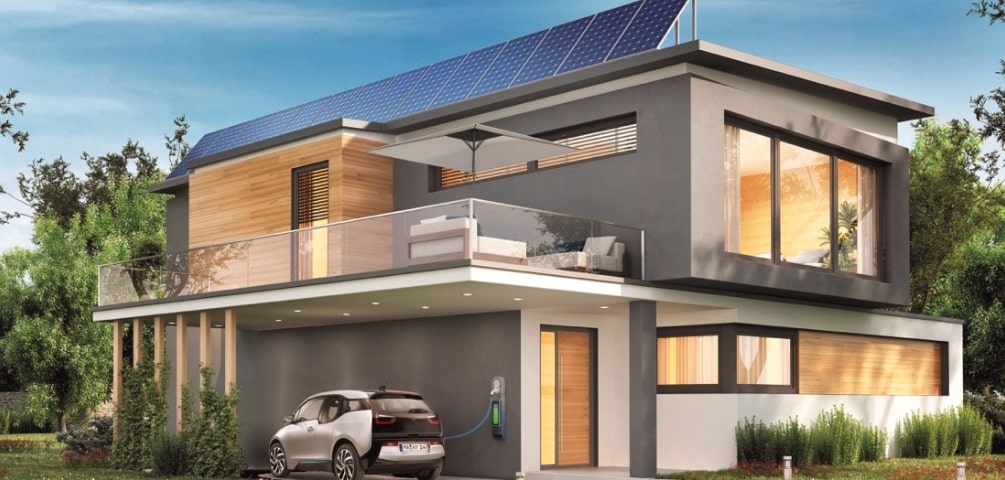
Residential battery storage capacity in Europe is set to reach 9.3GWh by the end of this year, according to SolarPower Europe.
That is in the solar PV industry trade body’s Medium Scenario, which estimates the continent will reach 39.9GWh of residential storage by 2026. In its pessimistic and High Scenarios it could reach 23GWh or 44GWh by that year, respectively.
Enjoy 12 months of exclusive analysis
- Regular insight and analysis of the industry’s biggest developments
- In-depth interviews with the industry’s leading figures
- Annual digital subscription to the PV Tech Power journal
- Discounts on Solar Media’s portfolio of events, in-person and virtual
Some 2,294MWh was installed last year and SolarPower Europe is anticipating 3.9GWh of deployments over 2022 in its Medium Scenario, a 71% increase. The 2022 figure equates to around 420,000 batteries installed, which would push the continent over the one million mark.
Home batteries have become an attractive means to reduce electricity bills, especially during a year of huge rises, increased interest in energy resilience and lower carbon footprints. And the growth of residential solar, also helped by various government incentives, has laid the foundation for the attached storage market to take off.
The attachment rate between energy storage and solar has grown from 23% in 2020 to 27% in 2021.
The main headwinds preventing installations from being even higher have been a lack of installers and a shortage of battery cells. Installation is a much greater proportion of overall costs for residential than commercial and industrial (C&I) or utility-scale.
Unsurprisingly, Germany is the biggest market according to the solar PV industry trade body’s data. The country’s residential energy storage market has always been strong as consumers seek to pair storage with home PV, which the government has incentivised, and increase self-sufficiency.
It installed 1.3GWh of home storage systems in 2021, 59% of the total 2.2GWh installed across the continent. Italy, the next-largest market, deployed 321MWh thanks partially to the Superbonus incentive scheme for home storage, while Austria (132MWh), the UK (128MWh) and Switzerland (79MWh) make up the top five.
One company seeking to capitalise on growth in Germany is Bridges Fund Management, which this week announced the acquisition of Hycube, a residential energy storage system solution provider. It said the German home energy storage market is worth €5 billion (US$5.25 billion).
Looking ahead, while Germany will remain the dominant market with 36% of 2026’s 7.3GWh installed, SolarPower Europe expects Poland and Sweden to be the next big markets. It forecasts they will have an 8% and 6% market share respectively, the second and third-largest that year.
For Sweden, this is because of the combination of a rapidly growing PV market, subsidies for storage and its position as the country with the highest penetration of EVs (43% of new car sales in 2021). Poland meanwhile also has a thriving home PV market which should spur on growth for storage.
Energy-Storage.news’ publisher Solar Media will host the eighth annual Energy Storage Summit EU in London, 22-23 February 2023. This year it is moving to a larger venue, bringing together Europe’s leading investors, policymakers, developers, utilities, energy buyers and service providers all in one place. Visit the official site for more info.






